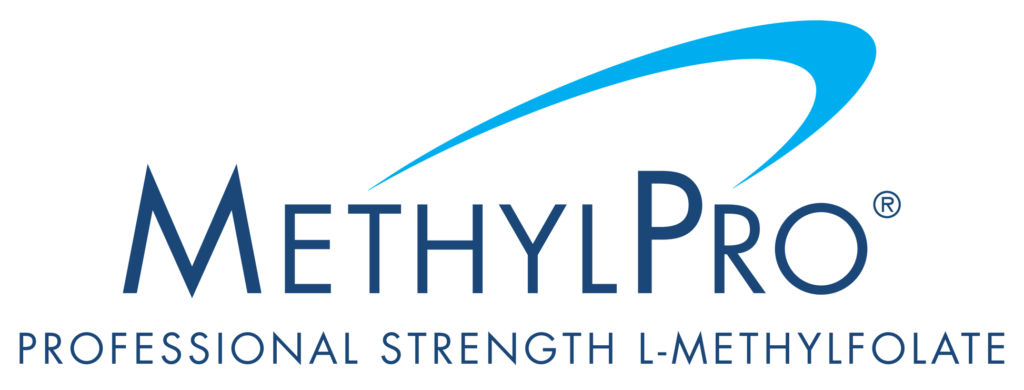If you’re scrolling through natural health posts on social media or internet blogs, you may have noticed a hot debate topic these days seems to be: why are vitamins important? Do we really need supplemental vitamins and minerals when we think we’re eating a clean and balanced diet?
About half of all Americans take a multivitamin [1], but do we need it? How balanced are our diets really? How confident are you in your ability to carefully calculate the levels of essential nutrients coming from each of your meals and snacks each day?
Is today’s food the same as it’s always been?
A few years back, the Journal of the American College of Nutrition released a study showing the changes in nutrition contained by 43 different garden crops (mostly vegetables) since 1950 [2].
What they found was that there has been a significant drop in the levels of 6 key nutrients available in fresh veggies: protein, calcium, phosphorus, iron, riboflavin (vitamin B-2), and ascorbic acid (vitamin C) [2].
The research group hypothesized that this change is attributed to the aim of the farming industry to increase the quantity and output of each crop, sacrificing the nutritional content.
Selecting crops for nutritional quality is less likely to produce a financial benefit to the farmers, but as consumers, we now have to eat significantly larger portions of each food or supplement our diet to get the same nutrition as those in prior generations.
It’s not an easy task these days to balance eating enough food to get the nutrients we need, while keeping our total calorie intake low enough to stay at a healthy weight. This balance also needs to take into account foods that we eat for pleasure (in moderation, of course) that contribute to our quality of life and calorie count but are less nutritious.
Because of this fact, taking a daily multivitamin/mineral formula acts as a safety net. A supplement can fill all the nutritional holes in our diets. We can worry a little less about the RDI of each nutrient coming strictly from our food.
A person can only tolerate so much kale, right?
Are there genetic roadblocks to nutrition?
Another reason that a clean and balanced diet may not be enough to keep you healthy is that many of us have genetic differences in the way that we process nutrients from our food.
If you have a defective variant of the MTHFR gene, your body is making less (to varying degrees) of an enzyme that allows your body to activate vitamin B-9, also known as folate.
This means, no matter how many folate-rich foods you’re eating, it is unlikely that your cells have enough activated L-methylfolate to take care of all the processes this essential vitamin plays a part in.
Folate needs to be processed by the MTHFR enzyme for DNA replication, building new proteins, and detoxification processes. MTHFR has gained some attention over the last few years due to its role in neurotransmitter production, and associated link to mood and mental health.
Without sufficient MTHFR enzyme, not only are those processes slowed, but there can also be a backup of substances that can become harmful to your body without the enzyme transforming them into more beneficial forms.
Luckily, L-methylfolate can now be supplemented directly, sidestepping the need for MTHFR enzyme. MethylPro® offers high-quality L-methylfolate supplements in a wide range of doses, as a stand-alone capsule, or in combination with cofactors to maximize its efficiency.
MethylPro Multivitamin Formula
If you take a high-dose methylfolate already, you may be interested in switching to MethylPro®’s Multivitamin + 15 mg L-Methylfolate formula. If you take a smaller dose of L-methylfolate daily, you may be interested in trying a multivitamin formula from our sister company, Metabolic Maintenance®. L-Methylfolate is also the form of folate already included in a variety of Metabolic Maintenance®’s multivitamin/mineral formulas. Look for the source of folate in the supplement facts panel, and make sure your folate source is L-5-methylfolate: activated and ready for use throughout your body, regardless of your genetics!

